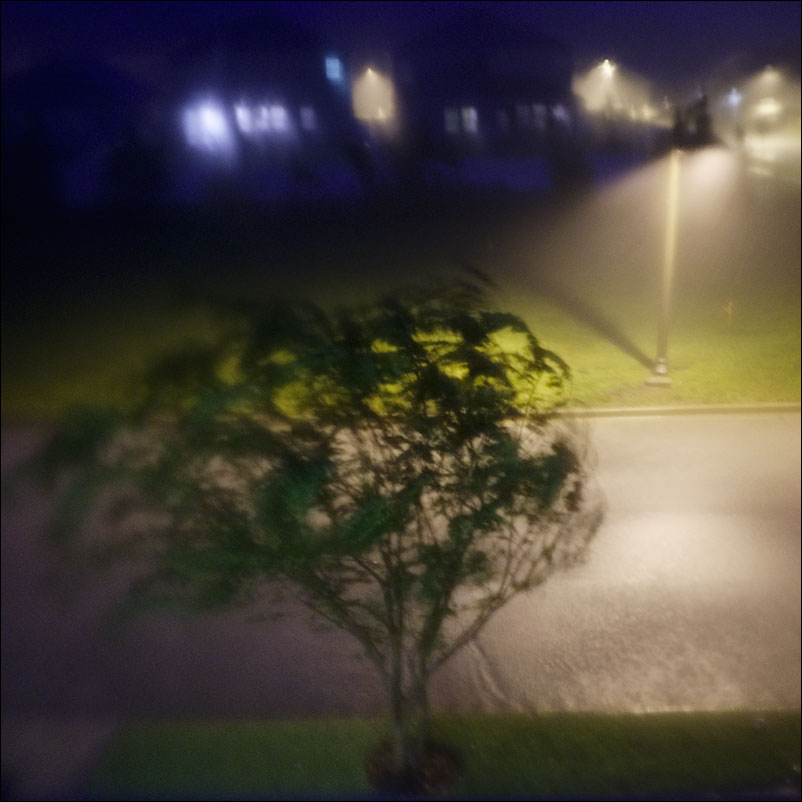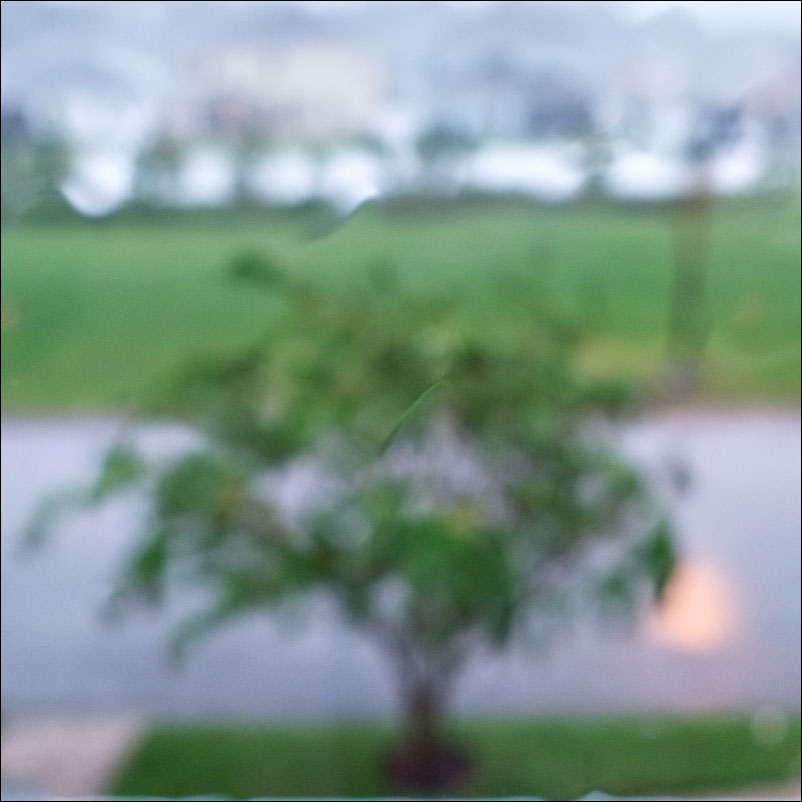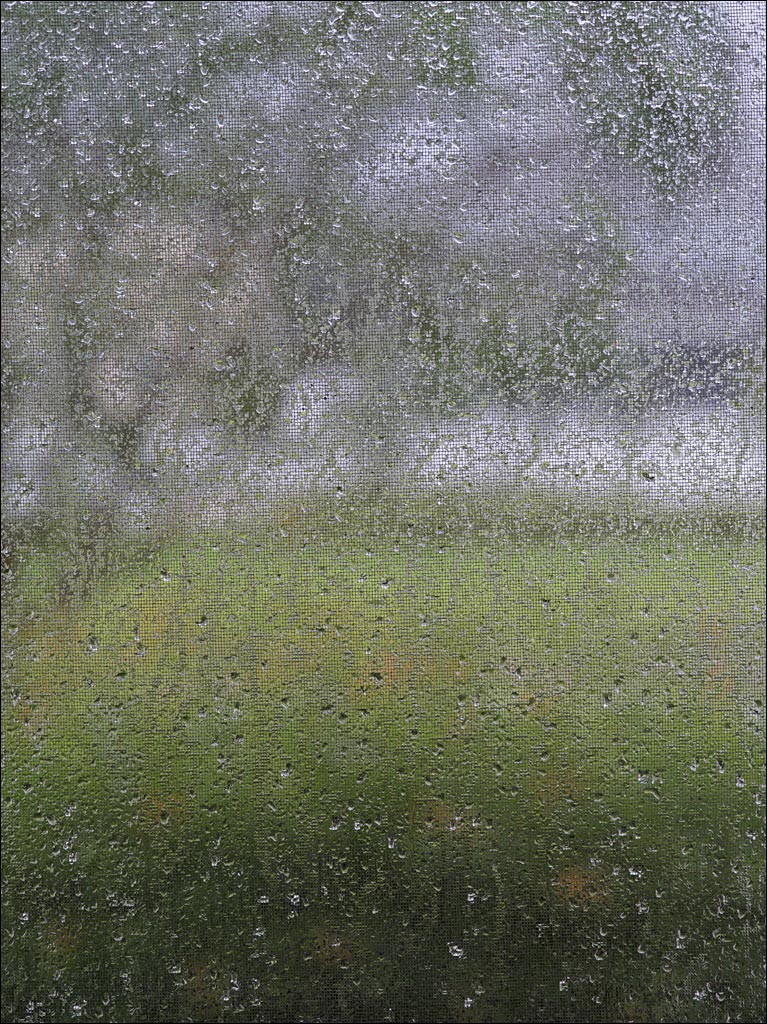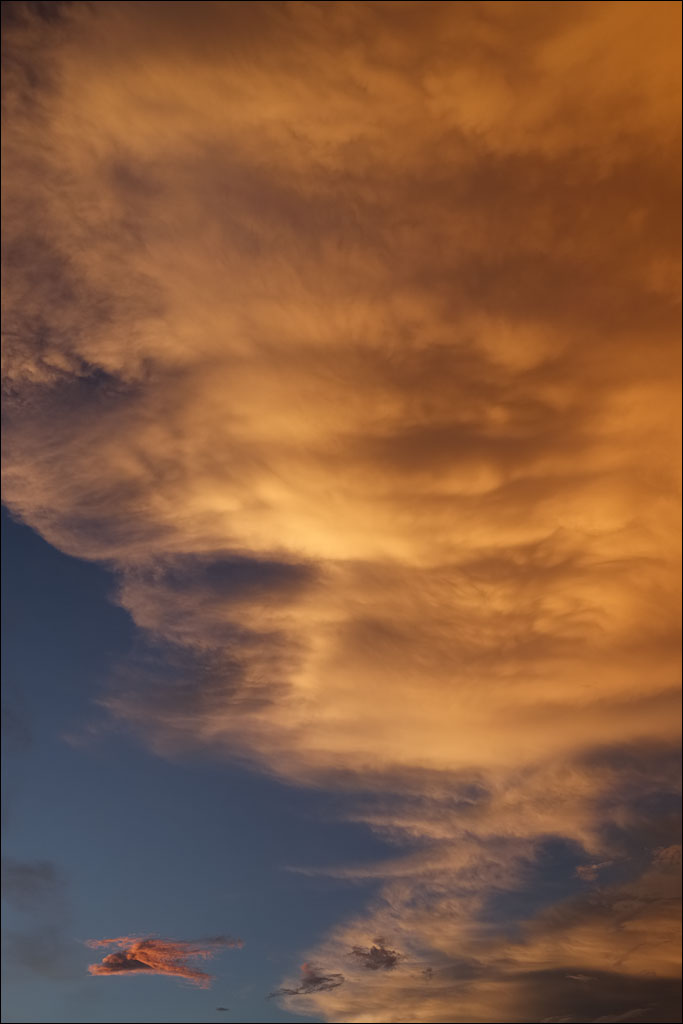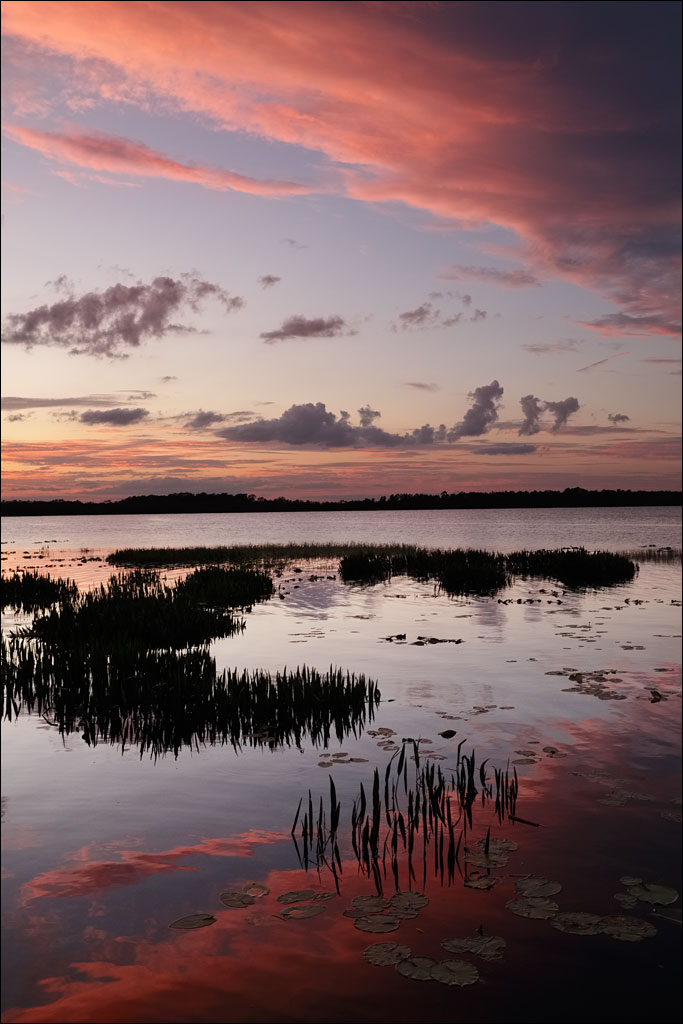 The week ended much better than it began. We were very luck to have so little damage from Hurricane Irma. Many in Florida are still feels her effects. Click on the image of Buck Lake for a larger view.
The week ended much better than it began. We were very luck to have so little damage from Hurricane Irma. Many in Florida are still feels her effects. Click on the image of Buck Lake for a larger view.
Category Archives: Life at Home
After Irma
 Hurricane Irma has passed. We were very fortunate not to have sustained any major damage, not everyone in Florida and the Caribbean were so lucky. Irma was only a category 2 storm when it reached us, with sustained winds of around 80 mph. While there may not be much obvious damage, the storm makes significant impact to the environment. Compare the tree in front of our house today with its condition just before Irma arrived yesterday. Notice the loss of foliage in the canopy. Click on the image for a larger view.
Hurricane Irma has passed. We were very fortunate not to have sustained any major damage, not everyone in Florida and the Caribbean were so lucky. Irma was only a category 2 storm when it reached us, with sustained winds of around 80 mph. While there may not be much obvious damage, the storm makes significant impact to the environment. Compare the tree in front of our house today with its condition just before Irma arrived yesterday. Notice the loss of foliage in the canopy. Click on the image for a larger view.
Irma Passing
A Liquid World
Waiting for Irma
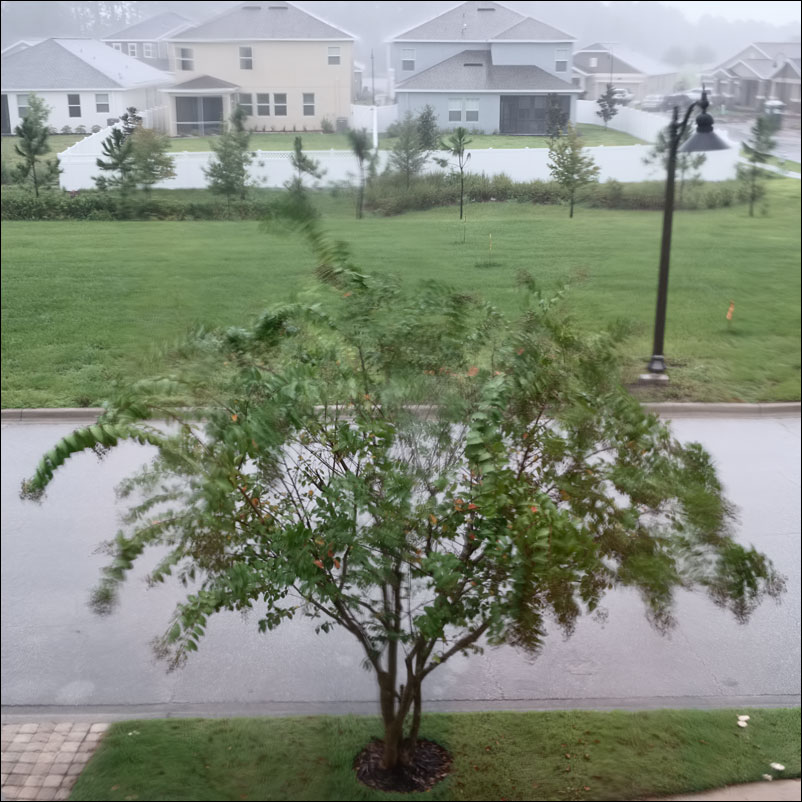 Naomi and I are waiting for Hurricane Irma. The hurricane force winds are expected to arrive within the hour and last for the next twenty four. We have had tornado warnings for most of the day. We are expect to lose power. The weather has certainly been exciting since arriving in Florida. We wish everyone well as this storm passes. Click on the image for a larger view.
Naomi and I are waiting for Hurricane Irma. The hurricane force winds are expected to arrive within the hour and last for the next twenty four. We have had tornado warnings for most of the day. We are expect to lose power. The weather has certainly been exciting since arriving in Florida. We wish everyone well as this storm passes. Click on the image for a larger view.
Settling in for the Night
Florida’s Sandhill Cranes
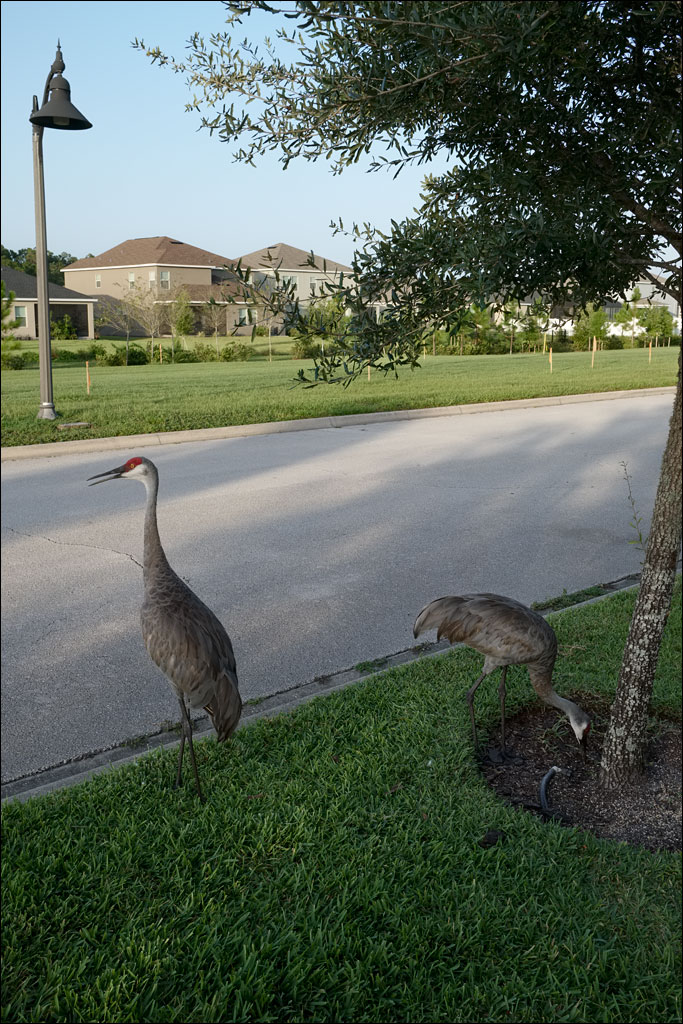 For most of their species, Sandhill Cranes are migratory, heading north in the summer and returning in the winter. Central Florida has a population of non-migratory cranes. These large birds mate for life and can live for over thirty years. They can also become used to humans, although their confidence should not be confused with being harmless or domesticated: they are a wild animal and will protect themselves if felt threatened. Click on the image for a larger view.
For most of their species, Sandhill Cranes are migratory, heading north in the summer and returning in the winter. Central Florida has a population of non-migratory cranes. These large birds mate for life and can live for over thirty years. They can also become used to humans, although their confidence should not be confused with being harmless or domesticated: they are a wild animal and will protect themselves if felt threatened. Click on the image for a larger view.
Eclipse 2017
 Florida experienced a partial eclipse of the sun on August 21, 2017. It is possible to view an eclipse by looking up with special glasses to protect your eyes. You can also look down to see the image of the sun projected through the leaves of a tree. The overlapping leaves and branches create tiny gaps that project an image of the sun on a sidewalk, much in the same way a pinhole camera creates an image. Normally, these images are round—the unobscured disk of the sun. But during an eclipse, a crescent caused by the moon covering the sun is projected. Continue reading
Florida experienced a partial eclipse of the sun on August 21, 2017. It is possible to view an eclipse by looking up with special glasses to protect your eyes. You can also look down to see the image of the sun projected through the leaves of a tree. The overlapping leaves and branches create tiny gaps that project an image of the sun on a sidewalk, much in the same way a pinhole camera creates an image. Normally, these images are round—the unobscured disk of the sun. But during an eclipse, a crescent caused by the moon covering the sun is projected. Continue reading

